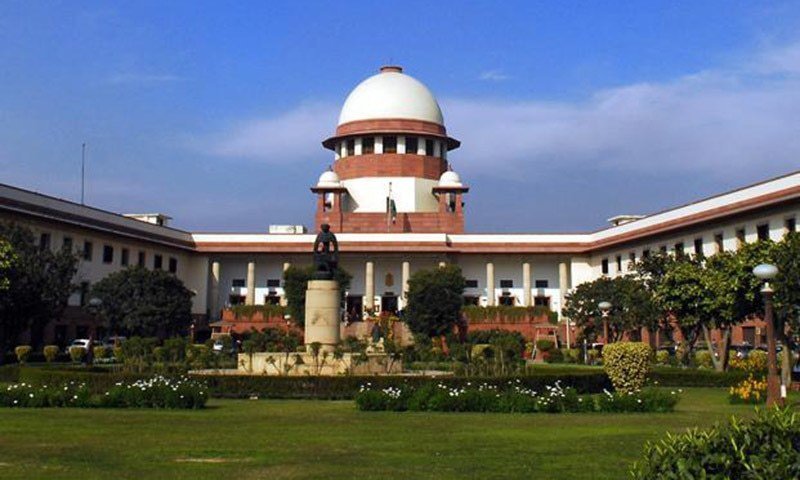Nithyakalyani Narayanan. V
On March 1st, 2024, the Supreme Court rejected the petitioner’s argument that, in order to deter corruption, State Legislative Assemblies and Members of Parliament should be “digitally monitored”.
Legislators, according to Chief Justice of India D.Y. Chandrachud, were not “convicted felons” who required round-the-clock surveillance to prevent them from eluding the law.
The Chief Justice informed petitioner S.N. Kundra that they too have families and that they are entitled to something called ‘privacy’.
Petitioner Kundra contended that these MPs and MLAs were chosen by regular people just like him. It was necessary to be transparent with legislators. He argued that though the MPs and MLAs are “our salaried representatives”, they act like leaders after winning office; they decided to go public with their decision and can’t claim privacy anymore.
Mr Kundra shouldn’t apply the same criticism to every lawmaker, the Chief Justice observed.
However, Mr Kundra questioned the court as to why the public should be ruled by them, who write laws on their behalf. He contended that although the people are the ultimate authority and should enact laws, their paid employees do it on our behalf.
In response, the Chief Justice stated that in a democracy, laws are made by the Parliament, not by private persons.
The CJI emphasised that legislation must be debated in the legislature before being passed. He made the observation that, although Kundra thought lawmakers need to be watched online, a hundred million other Indians might disagree. “Laws are not made on the streets by individuals. Then people will ask ‘why do you need judges’. For example, many people would want to kill a pickpocket… That is not done in a democracy. That is why we have judges to decide disputes in an institutional way,” the Chief Justice observed.
The petitioner was first threatened with a large fine by the court for “wasting judicial time.” The court dismissed the petition at the conclusion of the session, calling it a “misuse of process,” although it did not impose a fine.

